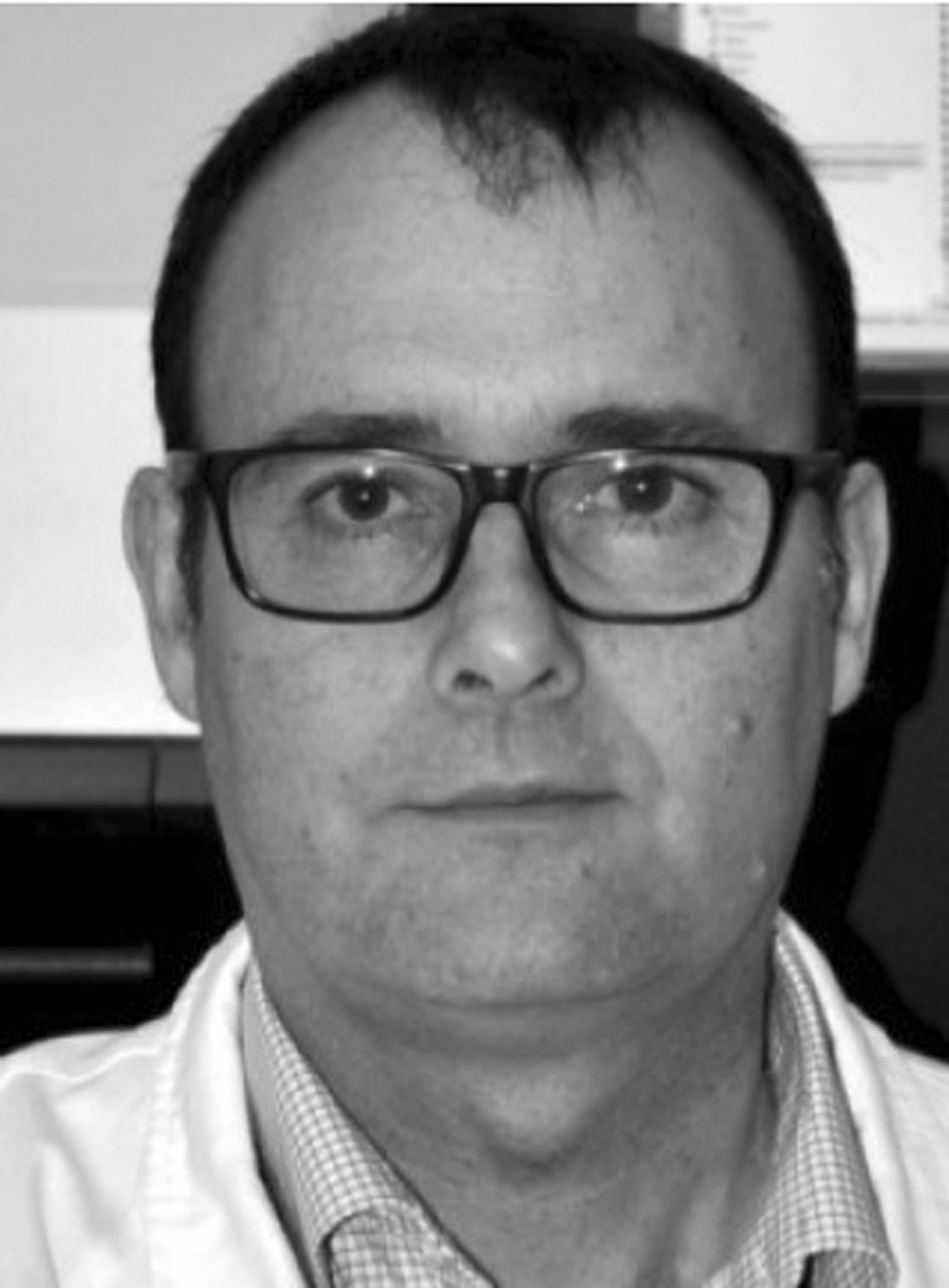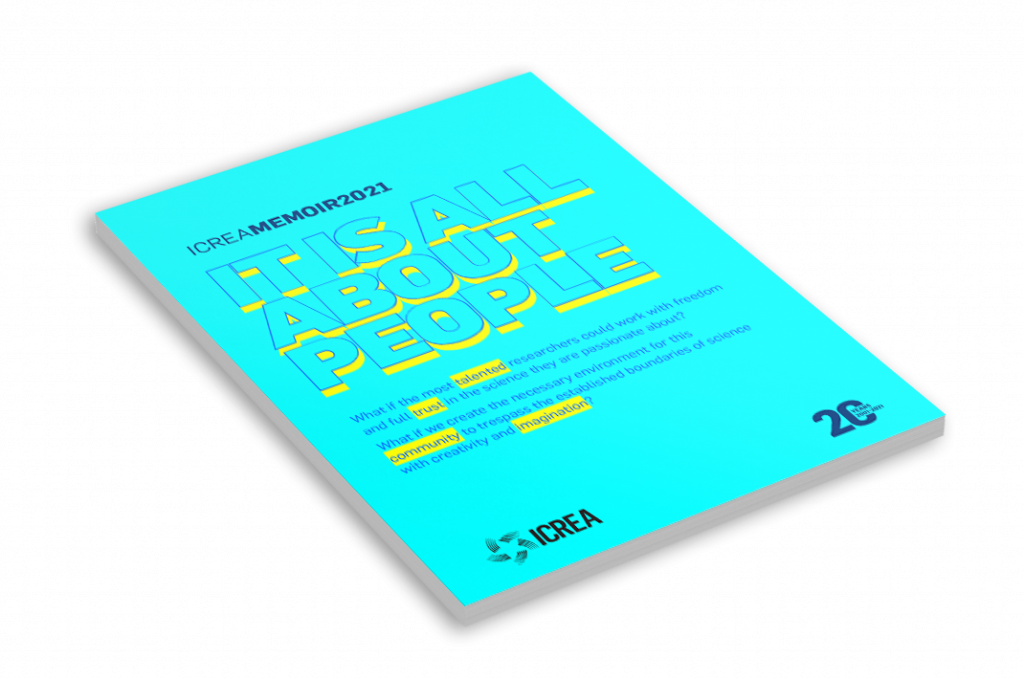With a PhD in Genetics and postdoctoral experience in The Netherlands (Leiden University Medical Center) and Finland (Finnish Institute of Occupational Health), he set up his research team at the UAB where he is currently Full Professor of Genetics. In 2006, he joined CIBERER as principal investigator. He was later appointed Director of the Genetics Service at Sant Pau UAB Hospital (2017), Scientific Director of Sant Pau Hospital Research Institute (2019) and Director of the Join Unit on Genomic Medicine UAB-IR Sant Pau (2019). He has upervised of >40 research grants from public and private institutions world-wide and participated in clinical trials and multiple contracts with private foundations and biotech-pharma companies. He has given tens of invited lectures in international meetings, published over 130 articles (~8900 citations and H factor: 46) and supervised >30 PhD and Master students.
Research interests
Prof. Surrallés leads an internationally competitive group in the field of cancer-prone DNA repair syndromes with a focus in Fanconi anemia and familiar breast cancer. In the last 8 years he was involved in the discovery of 8 new disease genes involved in 6 cancer syndromes. He also performs advance therapeutic research in the field of DNA damage response including gene and cell therapy and drug and genetic screenings to obtain 2 Orphan Drug Designations by EMA, file 5 patents to protect therapeutic innovations in the field of DNA repair and participate in several clinical trials. A long term goal of SurrallésâEURTM team is to understand the mechanisms that maintain genome stability and protect us from disease, cancer, and ageing and to translate this knowledge to develop novel therapeutic and diagnostic strategies in the fields of oncology, precision medicine and rare diseases.
Keywords
Fanconi anemia, DNA repair, Genome Instability, Rare Diseases, Hereditary Cancer, BRCA


